Roger Hallam and Environmental Activism
Roger Hallam is a British environmental activist known for his radical approach to combating climate change. His work has garnered widespread attention and controversy, particularly through his involvement in organizations such as Extinction Rebellion and Just Stop Oil. Hallam’s journey from a farmer and organic food entrepreneur to a prominent figure in environmental activism provides insight into his motivations and the philosophies that drive his approach to civil disobedience. This article dives into Hallam’s early career, his transformation into an activist, his role in creating Extinction Rebellion, his involvement in the Just Stop Oil campaign, and his most recent trial and imprisonment.

All of our content is free to access. An independent magazine nonetheless requires investment, so if you take value from this article or any others, please consider sharing, subscribing to our mailing list or donating if you can. Your support is always gratefully received and will never be forgotten. To buy us a metaphorical coffee or two, please click this link.
Table of Contents
Early Career and Personal Background
Roger Hallam was born in 1966 in Wales, where he spent his early years immersed in a rural setting that likely influenced his later environmental concerns. Before his turn to activism, Hallam’s career was varied. He initially worked as an organic farmer, focusing on sustainable agricultural practices. His time as a farmer was marred by numerous challenges, including significant financial losses attributed to extreme weather events, which he later linked to climate change. This personal experience of vulnerability to climate change impacts would prove pivotal in shaping his future path as an activist.
Hallam also pursued academic interests and became a researcher at King’s College London, where he studied the dynamics of social movements and the power of nonviolent protest. His research focused on the effectiveness of civil disobedience in achieving social change, particularly through mobilizing mass participation. This scholarly background provided him with a theoretical foundation for his activism, informing his belief in the need for disruptive, nonviolent action to address urgent social and political issues, particularly those related to the environment.
Emergence as an Environmental Activist
Roger Hallam’s transition from an academic and farmer to a full-time activist was driven by a growing sense of urgency regarding climate change. He began to see the environmental crisis not just as a scientific or political issue but as a moral one that required immediate and radical action. Hallam believed that conventional approaches to environmental advocacy, such as lobbying and petitions, were insufficient given the scale of the climate emergency. Instead, he argued for a more direct, confrontational approach, one that would disrupt “business as usual” and force governments and corporations to take meaningful action to reduce carbon emissions.
Hallam’s activism initially focused on smaller-scale protests and community organizing. He became involved in various environmental and social justice campaigns, often emphasizing the power of grassroots mobilization and direct action. His approach was influenced by historical examples of successful nonviolent movements, such as the American Civil Rights Movement and the campaign for Indian independence led by Mahatma Gandhi. Hallam sought to adapt these tactics to the context of climate change, believing that only a mass movement of civil disobedience could create the political will necessary to address the crisis.
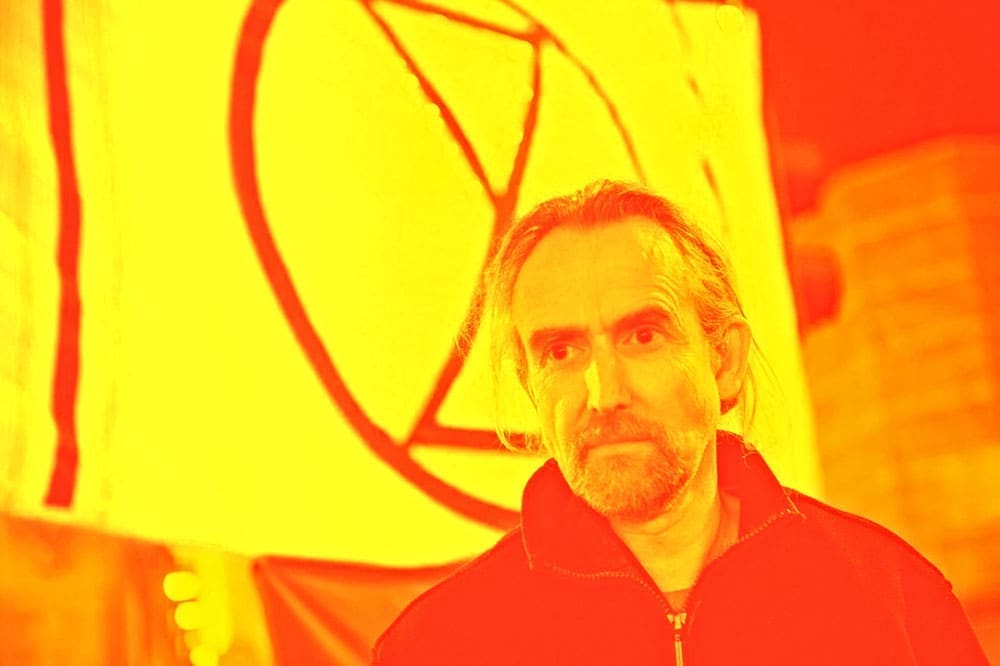
Founding of Extinction Rebellion
In 2018, Roger Hallam co-founded Extinction Rebellion (XR) with a group of like-minded activists, including Gail Bradbrook and Simon Bramwell. The organization quickly gained international attention for its bold tactics and uncompromising stance on climate action. Extinction Rebellion’s founding principles were simple yet radical: to compel governments to tell the truth about the climate crisis, to achieve net-zero carbon emissions by 2025, and to create a citizens’ assembly to oversee the transition to a sustainable society. Hallam and his co-founders believed that these demands could only be achieved through a campaign of nonviolent civil disobedience designed to disrupt everyday life and force political leaders to act.
Extinction Rebellion’s first major action took place in November 2018, when thousands of activists took to the streets of London, blocking major roads and bridges in a coordinated effort to bring the city to a standstill. The protest, which lasted several days, resulted in hundreds of arrests and significant media coverage, effectively catapulting XR onto the global stage. Hallam was a central figure in this action, using his background in social movement theory to help design the protest strategy and his public speaking skills to articulate the movement’s goals.
Under Hallam’s leadership, Extinction Rebellion quickly grew into a global movement, with chapters in dozens of countries and a rapidly expanding base of supporters. The organization’s tactics continued to evolve, including mass sit-ins, road blockades, and the occupation of public spaces. While these actions were often disruptive and sometimes controversial, they succeeded in drawing attention to the climate crisis and forcing it onto the political agenda. Hallam’s emphasis on nonviolence and the moral imperative of civil disobedience was central to XR’s identity, helping to distinguish it from other environmental organizations and galvanizing a new generation of activists.
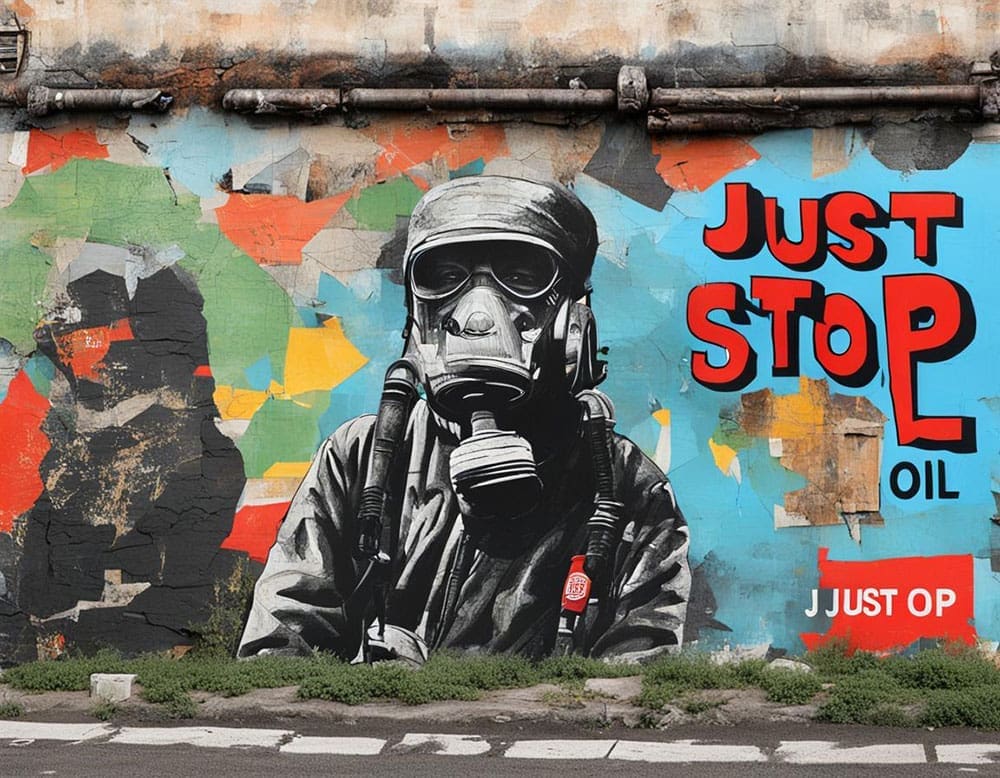
Role in the Just Stop Oil Campaign
Following his work with Extinction Rebellion, Roger Hallam became involved in the Just Stop Oil campaign, another radical environmental movement focused on halting new fossil fuel projects in the United Kingdom. Just Stop Oil was founded in 2022, with Hallam serving as one of its primary organizers and strategists. The campaign’s goal was to pressure the UK government to stop granting licenses for new oil and gas exploration, a demand that aligned with the broader objectives of the climate movement to reduce carbon emissions and transition to renewable energy sources.
Just Stop Oil employed tactics similar to those used by Extinction Rebellion, including road blockades, sit-ins, and other forms of nonviolent direct action. The campaign was notable for its willingness to disrupt critical infrastructure, such as oil terminals and refineries, to draw attention to the ongoing expansion of fossil fuel production. Hallam’s involvement in Just Stop Oil reflected his belief that more radical actions were necessary to address the scale of the climate crisis and that targeting the fossil fuel industry directly was a critical step in achieving systemic change.
The Just Stop Oil campaign faced significant backlash from both the public and the government, with critics accusing the group of being too extreme and causing unnecessary disruption. However, Hallam defended the campaign’s tactics, arguing that the urgency of the climate crisis justified more confrontational methods. He maintained that the goal was not to inconvenience ordinary people but to create a sense of crisis that would compel the government and industry to act. Hallam’s rhetoric often emphasized the idea that civil disobedience was a last resort, a necessary response to the failure of traditional political processes to address the existential threat of climate change.
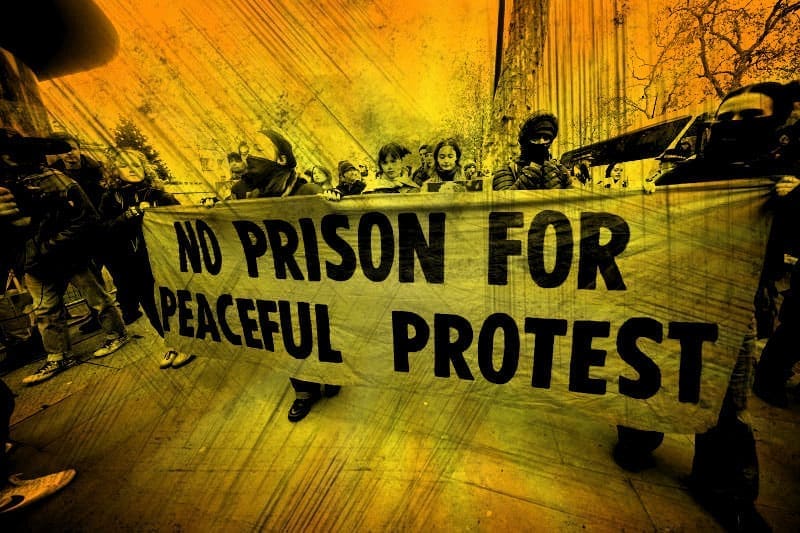
Legal Challenges and Imprisonment
Roger Hallam’s activism has led to numerous legal challenges, culminating in his most recent trial and imprisonment. His confrontational tactics and willingness to engage in civil disobedience have often put him at odds with the law, resulting in multiple arrests and court appearances over the years. Hallam has consistently defended his actions in court, framing them as a moral imperative driven by the need to prevent catastrophic climate change. He has argued that the legal system is complicit in the climate crisis by protecting the interests of polluters and failing to hold them accountable.
In 2022, Hallam was arrested and charged with conspiracy to commit public nuisance in connection with his involvement in the Just Stop Oil campaign. The charges stemmed from a series of protests that disrupted major roads and oil infrastructure in the UK, actions that the government argued posed a significant risk to public safety and order. Hallam’s trial became a focal point for the broader debate over the role of civil disobedience in environmental activism, with supporters arguing that his actions were justified given the severity of the climate crisis and critics claiming that he was encouraging lawlessness and anarchy.
The Moral and Ethical Dimensions of Activism
During his trial in July of this year, Hallam continued to use the courtroom as a platform to advocate for climate action, emphasizing the moral and ethical dimensions of his activism. He argued that the real crime was not his actions but the continued expansion of fossil fuel infrastructure and the government’s failure to address the climate emergency. Despite his impassioned defence, Hallam was found guilty and sentenced to five years in prison, a decision that he and his supporters viewed as an attempt to silence dissent and suppress the climate movement.
Hallam’s imprisonment has only heightened his profile as a radical environmental activist, drawing attention to the cause he has championed for years. His case has been taken up by human rights organizations and climate activists worldwide, who argue that his imprisonment is an example of the criminalization of protest and a warning to others who might consider using civil disobedience to demand climate action. Hallam himself has remained defiant, using his time in prison to write and reflect on the state of the climate movement and the need for continued resistance.

Deep Sense of Urgency and Moral Conviction
Roger Hallam’s journey from an organic farmer to a leading figure in the environmental movement underscores the deep sense of urgency and moral conviction that drives his activism. His work with Extinction Rebellion and Just Stop Oil has helped to redefine the landscape of environmental protest, emphasizing the need for radical action in the face of an unprecedented climate emergency. While his tactics and rhetoric have often been controversial, they have succeeded in drawing attention to the scale of the crisis and the failures of traditional political processes to address it.
Hallam’s recent imprisonment is a testament to the challenges faced by those who choose to confront power directly, but it also serves as a reminder of the enduring power of civil disobedience as a tool for social change. As the climate crisis continues to unfold, Hallam’s legacy will likely be defined by his unwavering commitment to the cause and his willingness to take bold, uncompromising action in the face of overwhelming odds.


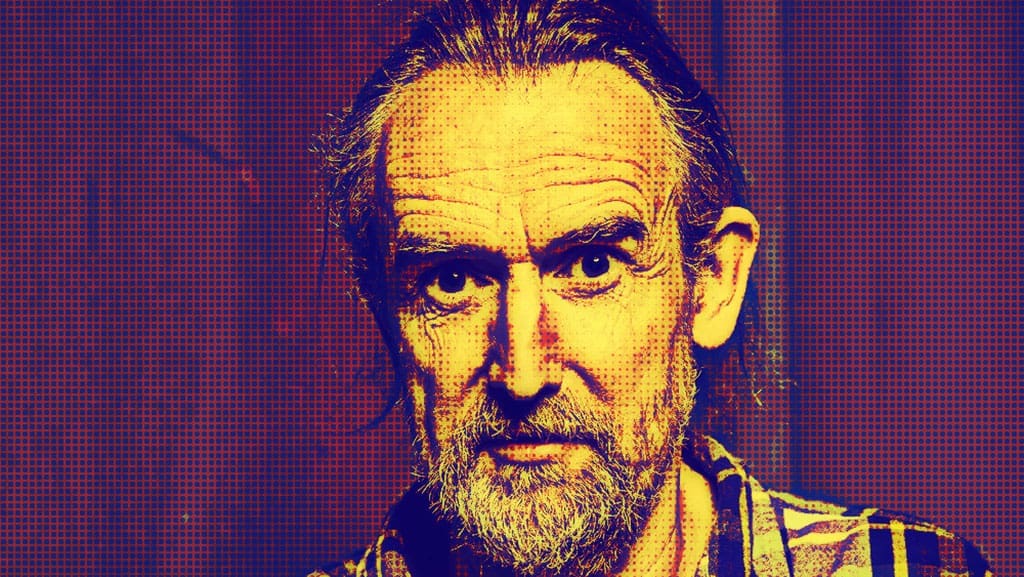
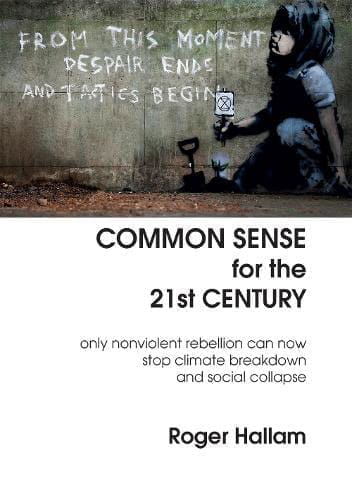
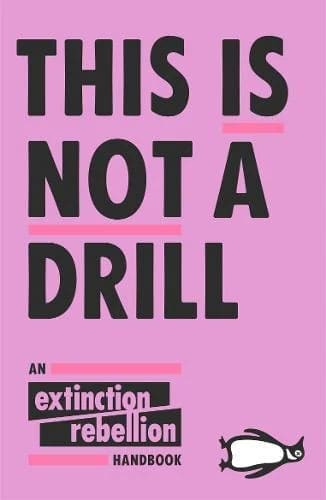
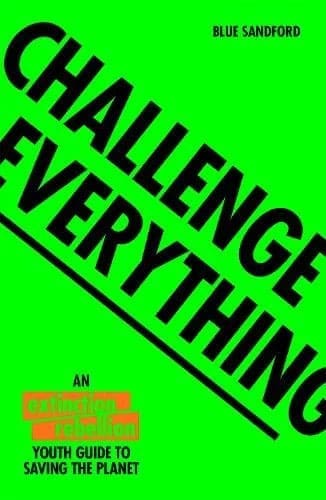






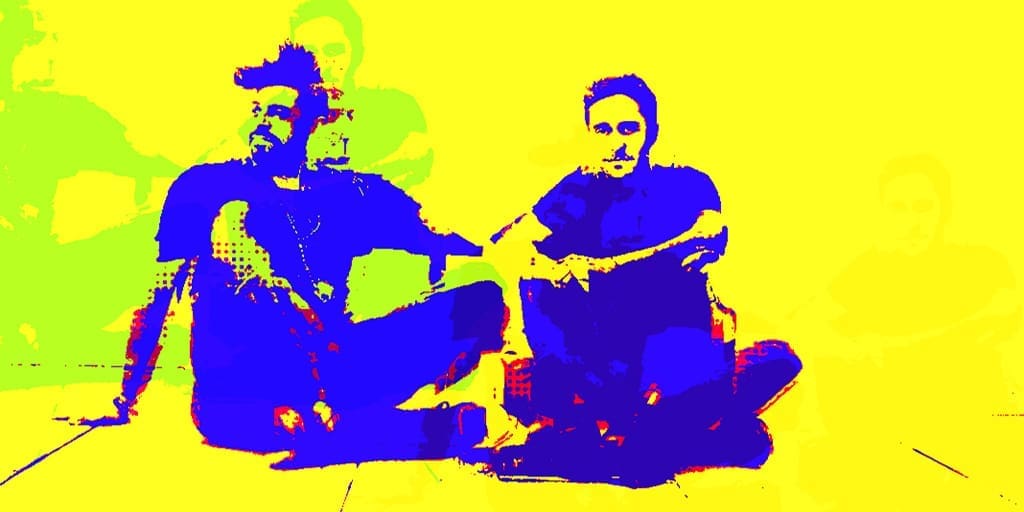



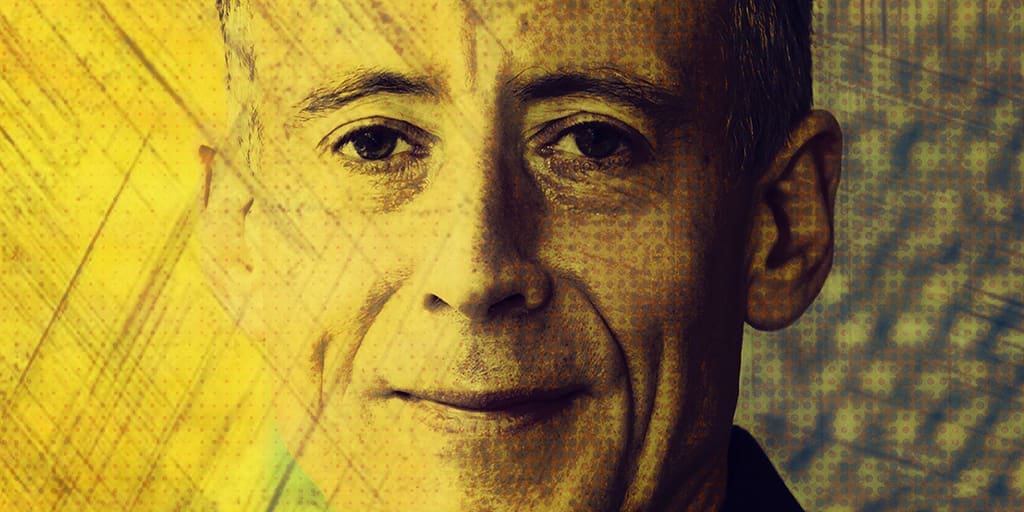

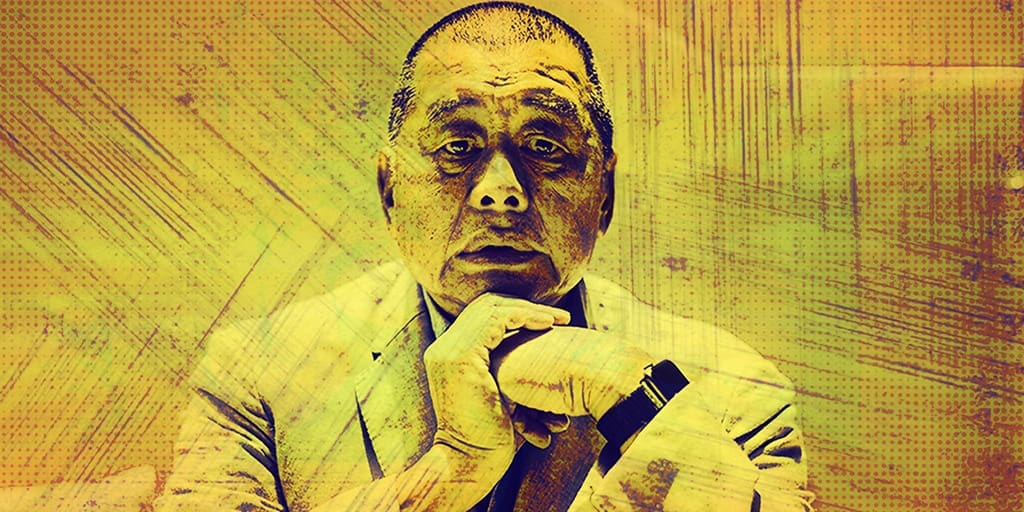


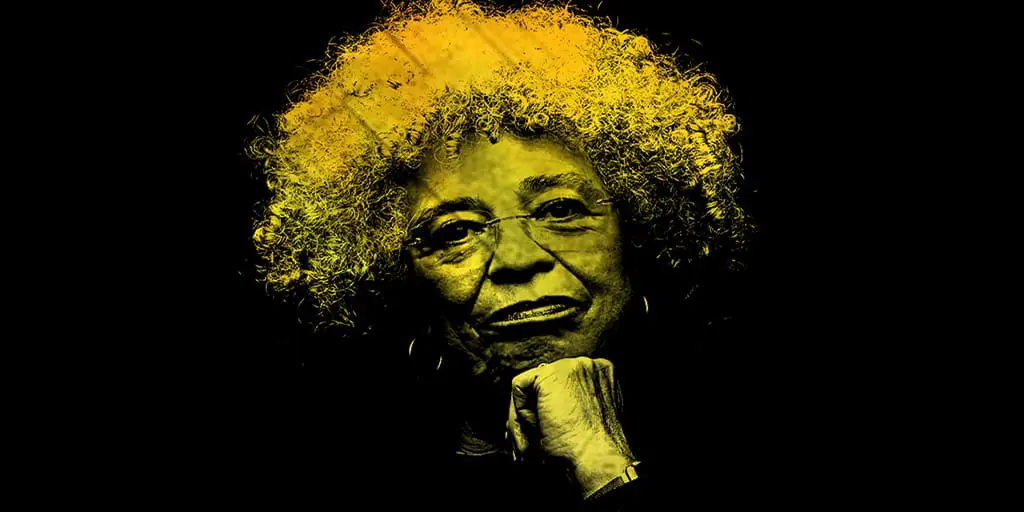





















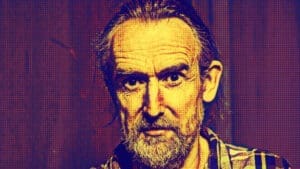
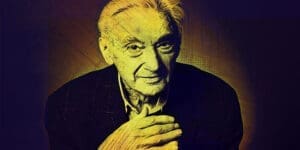







What do you think?